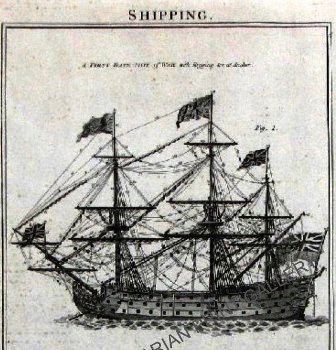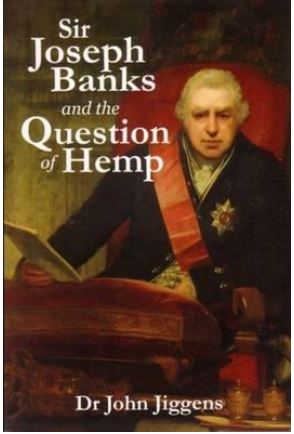 Loading... Please wait...
Loading... Please wait...All prices are in All prices are in EUR
Categories
- Home
- Blog History Revisited
- Peak Resources
Blog History Revisited - Peak Resources
Sydney: Convict or Hemp Colony?
Posted by ©Sandra Ker, Antiquarian Print Gallery, 1989-2015, South Australia, Antique Prints and Maps dealer, www.historyrevisited.com.au on 10th Oct 2015
More a Question of Peak Resources?
The big problem of the 21st century has been that we live in an age of "peak resources". This relates to the future energy, food and water needs of an ever-growing world population. The word "sustainability" is often used as advertising hooks. There must have been past eras that experienced similar issues leading to solutions that we take for granted now. Enter Botanist Sir Joseph Banks...
-
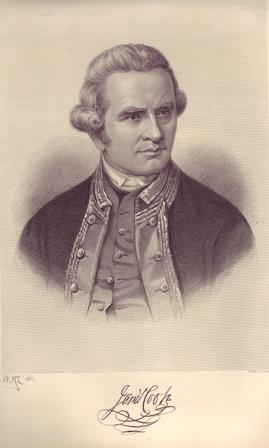
-
Captain James Cook's voyage 1768-1771 discovers Australia
Captain James Cook discovery of New Holland/Australia's East Coast, and botanist Sir Joseph Banks, demand for Royal Navy Supremacy, the economic and Social issues in the late 1700s. If history is a litany of cause and effect, aka problems demanding solutions, then the mid-1700s was a dynamic cauldron fuelling the future which is our present.
A Royal Navy First Rate Man of War took 80 tonnes of hemp to build and maintain. It took 120 acres to grow such a quantity. There was the Sail cloth, the hemp ropes & rigging, waterproofing through he process of "caulking": hammering in,"oakum" was essential for water proofing, sealing, between the timber planks.
Sir Joseph Banks: The Question of Hemp
An historian and hemp advocate, Prof. John Jiggens' tome, "Sir Joseph Banks and the Question of Hemp",by historian John Jiggins, notes that the wealthy noble botanist was a grower of Indian Hemp (Cannabis indica). Indeed, Banks supplied the poet, Coleridge, with Marijuana, that we know colloquially as “dope”, a banned substance. One of Banks' main interests was the importance of growing hemp as a strategic raw material for the British Navy within the Empire. Indian hemp seemed to solve this issue. He assumed it was a substitute resource for American Cannabis stavia essential for the maritime industry.
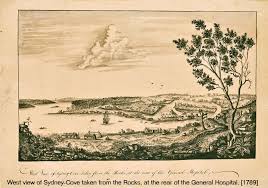
Sydney Cove, 1788
Hemp is now banned or restricted authorized use. Why? The historical importance of hemp was undeniably the most important vegetable on the planet. United States Presidents all grew Hemp. Hemp was central to Sea power, commerce and Naval warfare. Britain relied on this American Colonial source 0f Cannabis Sativa, but in 1776 George III reign "lost" this resource.
-
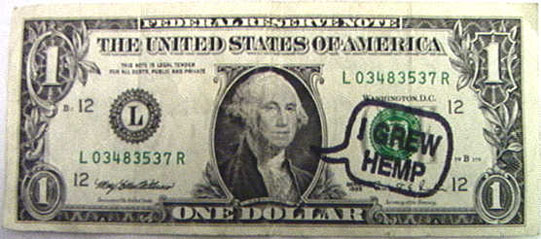
President Washington admits it is true!
Hemp is now banned or restricted authorized use...why? The historical importance of hemp in the tall-ship era made it the most important vegetable on the planet. US Presidents, George Washington, Thomas Jefferson and John Quincy Adams all grew hemp. This was the stuff their faces were printed on as legal currency. Hemp was central to exploration, commerce and warfare as petroleum is today. The British American Colonies were a major source of hemp, until the American Revolution of 1776.
-
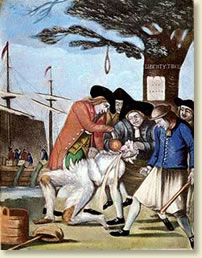
-
Consequences of Empire Control
In 1773 tax collectors for the Empire "overlords" were reportedly tarred and feathered, a hint of the almighty upheaval that was to come. Professor Jiggins argues the hidden reason for an Australian settlement was a strategic theme in British government thinking as a replacement hemp colony post the American Revolution in 1776. The British had also lost a convict purging opportunity. Jiggens has found surviving documents that may suggest the implementation of a cunning plan to solve two problems with one throw of the dice: send a ready populations of convicts that island continent, then known as New Holland, as convenient labour to grow & supply this essential crop, aka Operation Indian Hemp Experiment.

Cannabis indica has a higher ratio of CBD:THC.
Banks assumed that Indian Hemp looked the same as that grown elsewhere, hence would have the same qualities to sustain the vital maritime industry for their island nation. Well, that turned out to be a mistake. The Indians did warn Joseph Banks that Cannabis indica was used "differently" on the sub-continent, and not to make cloth & rope. It turned out to be Banks' folly to turn 'dope' into rope! The Indian hemp did not have the identical properties of the American imports.The Indians use was more beneficial as "medical cannabis", as "Cannabis indica had a higher ratio of CBD:THC compared to Cannabis sativa.
-
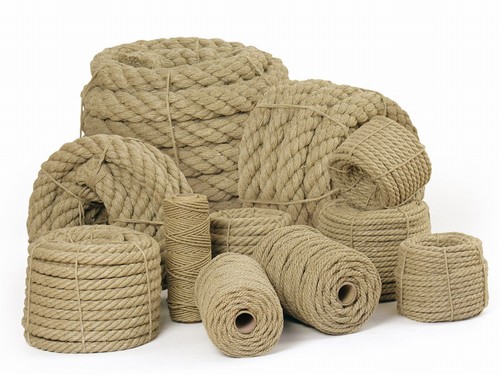
Harvested hemp can be used for rope, clothing, medicine, building materials, even building biodegradable cars of the future...
Jiggens suggests, why would the British choose such an expensive option as New Holland for dumping convicts halfway around the world. It is too simple and convenient an explanation for a new colony. He proposes the idea of Port Jackson being intended as a Hemp Colony NOT a simply a Convict Colony.
Jiggens also argues the modern international concerns to blanket ban all hemp varieties demands a rethink. Jiggens strongly suggests that the banning of all varieties of hemp was historically a backdoor attack by the powerful plastic and petroleum industries, set on demonizing a viable alternative to their emerging industries. Definitely, "food for thought"...
Recent Posts
- » Lady Sarah Lennox, King George III & The Honourable George Napier
- » Schomburgk's Botanic Garden & Park Plan, 1874
- » "City of Adelaide" Clipper Ship - What is Old Is New Again
- » Napoleon, Hudibrastic Poetry, Doctor Syntax & the Power of Satire
- » Colonial Melbourne to Albury "Parlour Car" Photo Connects to Adelaide Past & Present






